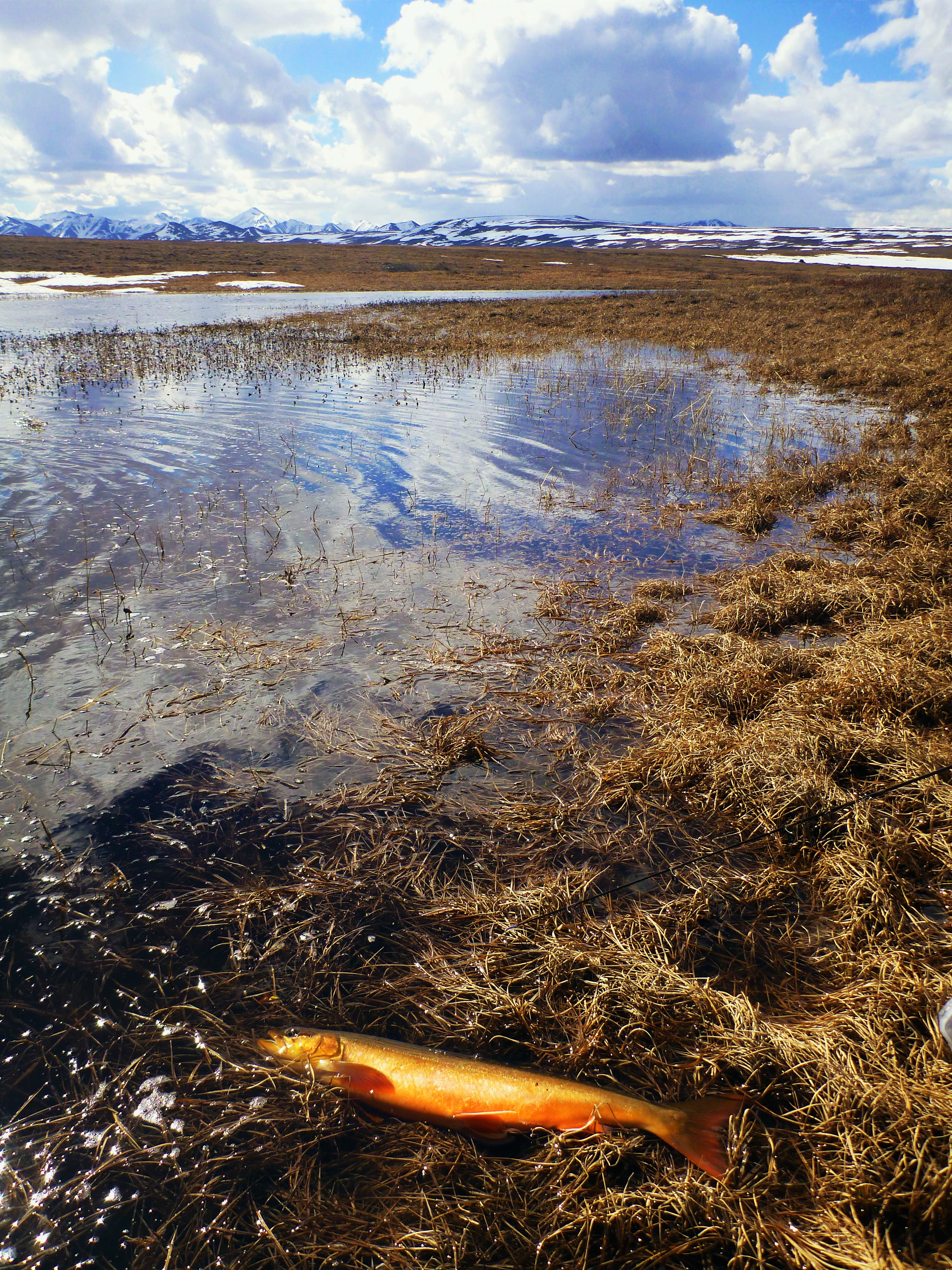Natural Resources Risks
Natural resources from forests to fisheries can be susceptible to biological risks such as disease, overexploitation, and invasive species. We seek to understand and predict threats to natural resources, and provide guidance to industry and government about minimizing and mitigating threats to economically important resources.
mosquito

Corn_On_The_Cob

Working Groups
We have assembled an interdisciplinary working group on big data at the food-water-energy-nexus, identifying available information for the big data associated with these ecosystems services in the greater CT-NY metropolitan area.
Horizon Screening
We are working to understand and predict the next threats to agriculture, fisheries, and other natural resources in the region.
Scholarship
Stay tuned for publications arising from CBR-supported research!
Sustainable Management of Fisheries
Fisheries are a major contributor to the New England economy. According to NOAA records, over $1.3 billion in landings were reported in 2016 alone. The CBR is promoting food security by supporting Eric Schultz (Ecology and Evolutionary Biology, UConn), together with collaborators in EEB, the Natural Resources and the Environment department at UConn, and Fisheries and Oceans Canada, in research on megaspawners, the largest and oldest female fish that contribute the bulk of reproductive value to fish stocks.
Assessing Forest Health
Maple trees are the source of maple syrup, an iconic and valuable industry, and they capture and store carbon dioxide from the atmosphere to boot. Jill Wegrzyn (Ecology and Evolutionary Biology, UConn) and collaborators are studying the effects of soil chemistry changes on the health of forests that support maple syrup production, as mediated by soil microbes.
Grants
NSF NRT. Urban, M.C. et al. NRT-INFEWS: Building Resilient Landscapes for Food, Energy, Water, and Ecosystem Services in America’s Original Megalopolis. $3,000,000. Pending.
NCEAS. Schultz, E. sabbatical fellowship. Pending.